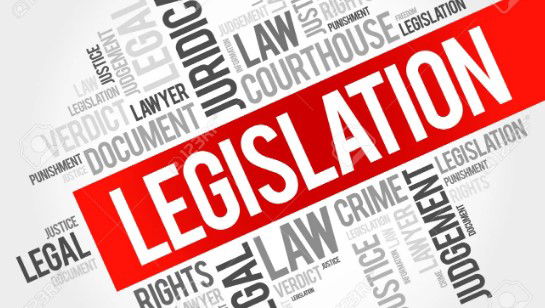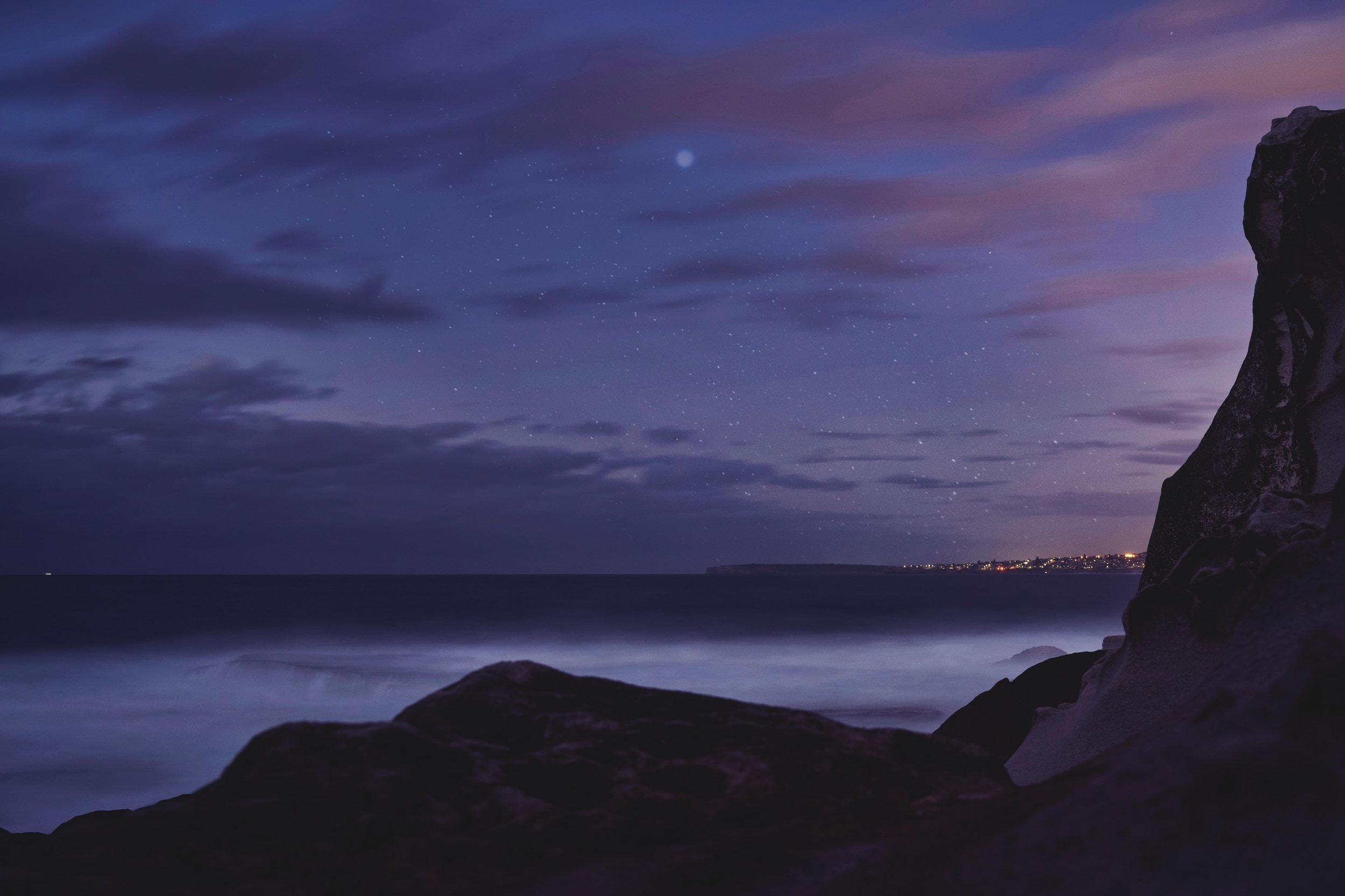Legislative aspects South Africa

Cannabis, also known as marijuana, weed, grass or in our distinctly South African lexicon dagga, is one of those controversial substances that see many people divided about whether it is good, bad, harmful, helpful or just a part of life that some people choose to enjoy and others not. We won’t cover any moral or medical arguments here but will discuss some of the legal restrictions and consider responsible consumption as it relates to academic and work life.
The use of cannabis stretches back millennia. With its long acknowledged medicinal qualities, it was prescribed in the treatment of a range of ailments. Prior to the introduction of western medicine, the herb was used in southern Africa to ease and aid childbirth. In India, within the Hindu faith, it was believed to be divinely ordained. In addition to being a recreational pastime that people imbibe in an assortment of ways, it continues to be used for therapeutic interventions and religious or spiritual rituals in various parts of the world.
In South Africa, cannabis was recently decriminalized for a host of reasons, including the Western Cape High Court ruling that its criminalization, for personal use by consenting adults, was in fact unconstitutional.
https://citizen.co.za/news/south-africa/2010540/dagga-partly-decriminalised-at-constitutional-court/

Recreational use of cannabis became legal in 2018 following the constitutional court’s ruling in Minister of Justice v Prince. In the matter of Minister of Justice v Prince, the court ruled that adults may, for their personal consumption, use, possess and cultivate cannabis in private. In this regard, privacy is not confined to the dwelling (home) of the adult, and adults may, for their personal consumption, use, possess and cultivate cannabis in any place that is private and not public.
Here is the full court ruling: http://www.saflii.org/za/cases/ZACC/2018/30 .pdf
In terms of the Medicines Act, THC is not a regulated substance if it takes the form of raw plant materials is cultivated, possessed, and consumed by an adult, in private for personal consumption. The Constitutional Court did not prescribe the quantity of cannabis that would qualify for personal use. The provisions of the Drugs and Drug Trafficking Act, 1992 (Drugs Act), which previously criminalised any form of cultivation, possession, and consumption of cannabis, were declared unconstitutional in Minister of Justice v Prince.
One must be mindful though to understand the difference between decriminalized and legalized. The use of cannabis is highly regulated, and only allowed to be consumed in private, by adults over the age of 18 years. One can only have a limited quantity in your possession, equivalent to what can be personally consumed which is quantified by the law as a maximum of 600g per individual in their private space or 100g in a public place but kept out of public view. The consumption of cannabis products is only permitted in private places, by adults. Consuming cannabis in public spaces remains a criminal offence. Supplying a minor, i.e. a child under the age of 18 years, with any form of recreational cannabis is a serious offence. In summary any deviation from the legally defined recreational use, possession or cultivation of cannabis by an adult in private is a criminal offence.
It is very important to research and be informed about the legal limits that apply to the acquisition and consumption of recreational cannabis products so that you do not unwittingly find yourself on the wrong side of the law. Companies and specific kinds of jobs have policies that govern employee behaviour in relation to the use of substances. Some have a “zero tolerance” policy for drug use, even for legal substances such as cannabis. Staff may be subject to random drug tests (as long as the company implements these in accordance with labour laws).
Professions in the education, medical and mining industries may have much stricter policies about legal alcohol and cannabis consumption. Such policies often exist where staff need to operate, check or work with heavy machinery. For example, in mining the machine operators, engineers and health and safety officers have “zero tolerance” policies, even for consumption activities outside of working hours due to the potentially dangerous nature of the work and the high stakes risks that intoxication or residual intoxication pose. Having cannabis in your system, even if it was consumed days before, may lead to disciplinary action. It is worth noting that tests to detect cannabis in the system identify the presence of Tetrahydrocannabinol (THC) which can remain in the system for long periods after consumption. For first-time cannabis users THC will leave the system after a few days, but for regular users the compound gradually builds up and remains detectable for significantly longer periods after actual consumption.
If you do use cannabis products, make sure to know the risks – as with any mood altering, potentially addictive substance. Know the laws governing and regulating its use so that you do not risk arrest, prosecution and ending up with a criminal record which will have long-lasting effects. As an employee, be informed about the company policies and restrictions about substance use and related disciplinary steps. As with all things, responsible use and education about the effects and repercussions of cannabis use will protect you from negative impacts and allow you to enjoy the herb without risking your health, well-being, academic track and professional prospects.
The Cannabis for Private Purposes Bill (Bill) was tabled in Parliament in August 2020. The Bill is still currently under deliberation by the National Assembly following receipt of public submissions. The Bill aims to incorporate appropriate provisions into the relevant legislation to ensure clarity around, amongst other things, what is considered 'in private' and quantity that qualifies as private use. An interim report of the Portfolio Committee on Justice and Correctional Services on the Bill dated 23 March 2022 noted that the National Assembly Rules seeks the National Assembly's permission to extend the Bill to address commercial activities in respect of recreational cannabis, provide for the cultivation, possession and supply of cannabis plants and cannabis by organisations for religious and cultural purposes.
While the Bill does not make provision for the commercialisation of cannabis at this stage, it intends to.
Further, it criminalises smoking cannabis in public or selling it and sets limits on how much cannabis individuals may own for private use and cultivation. For a person living alone, the bill prescribes a maximum of 600g of cannabis and 1.2kg for two or more adults in the same household. However, the Bill also proposed the expungement of criminal records of persons convicted for minor cannabis possession charges under historic drug control legislation.
*We are aware that long-term, regular and heavy use of cannabis can lead to substance addiction. If you experience strong impulses for, or a sense of dependency on cannabis or any other addictive substance and are unable to control your consumption we urge you to seek help from an addiction counselling service. The South African Depression and Anxiety Group has a hotline to help those living with addiction. Contact 0800 12 13 14 if you or somebody you know is struggling with substance abuse.
For More information:
https://cms.law/en/int/expert-guides/cms-expert-guide-to-a-legal-roadmap-to-cannabis/south-africa